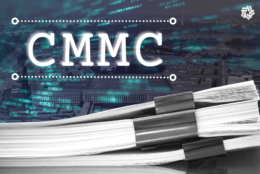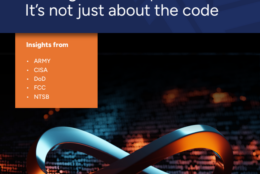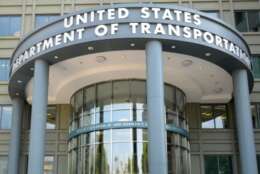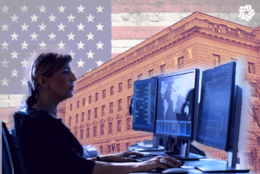Cybersecurity
-
Addressing the federal cybersecurity skills gap requires a multifaceted approach in coordination with the private sector.
October 21, 2024 -
The Pentagon made some key tweaks to the final CMMC program rule. Several program watchers said the changes should help simplify a complex compliance program.
October 18, 2024 -
Public and private sector experts say programs like StateRAMP make their data and networks safer as cyber threats become more serious and resources sparse.
October 18, 2024 -
This year, expect to see a record number of cyberattacks on government agencies as hackers ramp up their efforts ahead of the 2024 U.S. presidential election.
October 17, 2024 -
Federal cyber experts say they need more formal guidance and a range of other tools for a post-quantum cryptography effort that's expected to cost billions.
October 16, 2024 -
How is cloud adoption transforming federal agencies and driving mission success?
October 16, 2024 -
"We're working with our development teams and we're working with testing. And then we have a policy that covers all of that," said Young Bang.
October 16, 2024 -
Newer technologies like automation and AI may offer new solutions to this age-old cybersecurity problem, but they can also be double-edged swords.
October 16, 2024 -
"The real meat of CMMC is now finalized and out," said Eric Crusius, attorney at Holland Knight.
October 16, 2024 -
After 21 years of Cybersecurity Awareness Months, maybe it’s time to reconsider the burden we place on end users.
October 16, 2024 -
Final comments on a Defense Department cybersecurity rule are due today. The Cybersecurity Maturity Model Certification project is about to become a reality.
October 15, 2024 -
Are your making steady progress toward secure software development?
October 11, 2024 -
Cordell Schachter, the Transportation Department CIO, said the agency’s DevSecOps capabilities are maturing as part of its digital transformation effort.
October 11, 2024 -
The Pentagon has taken another big step forward to make CMMC a reality. DoD projects the requirements will start showing up in contracts by mid-2025.
October 11, 2024 -
Various industries are still dealing with the consequences of the July 2024 technology outage which led to a "blue screen of death" and extreme disruptions.
October 09, 2024















